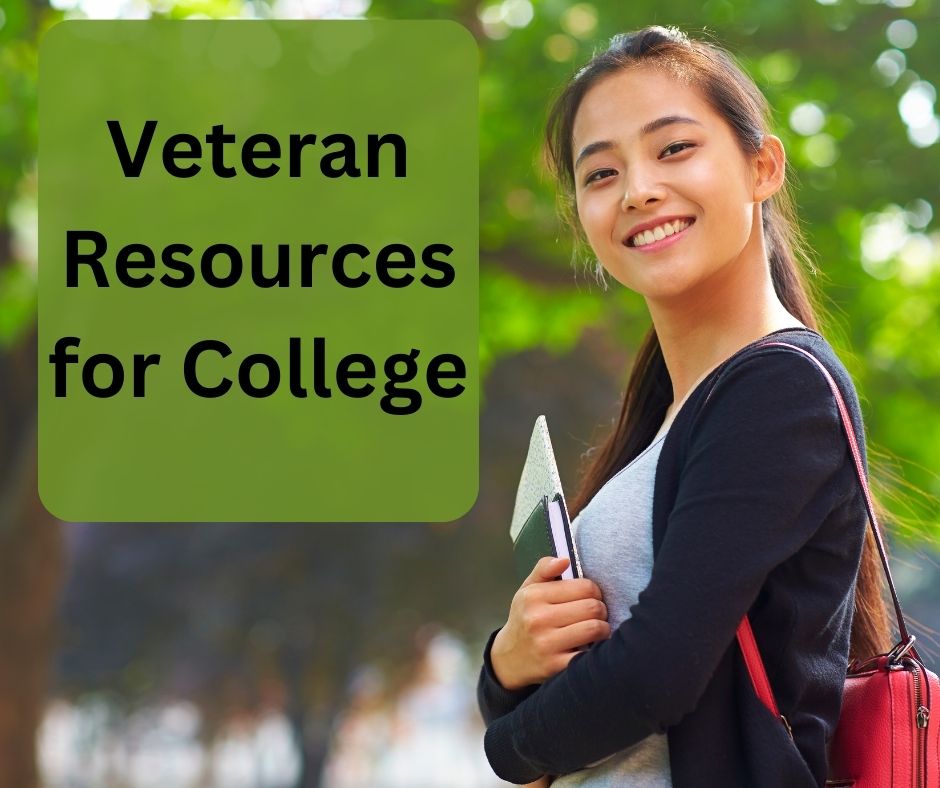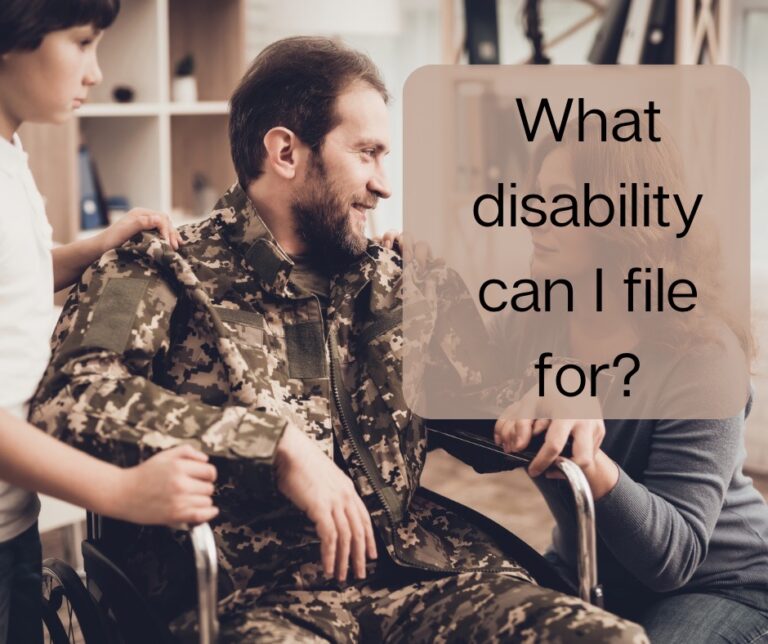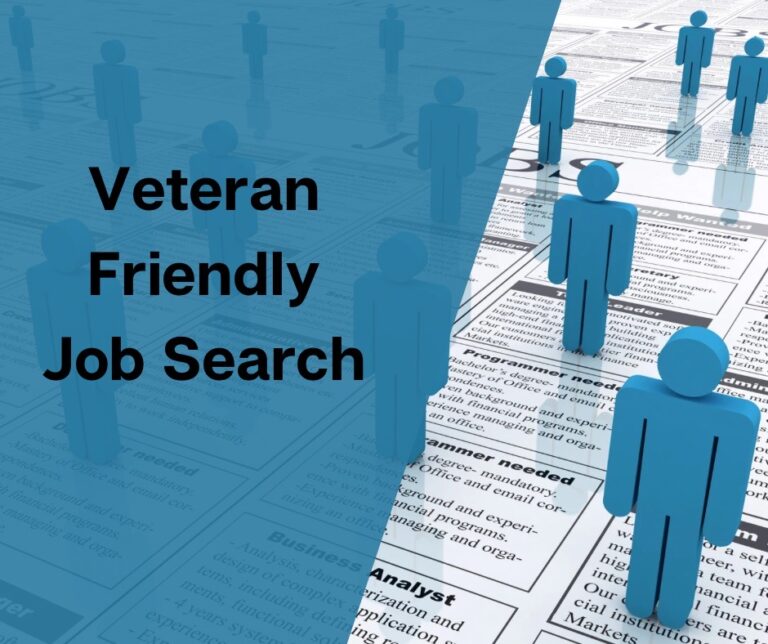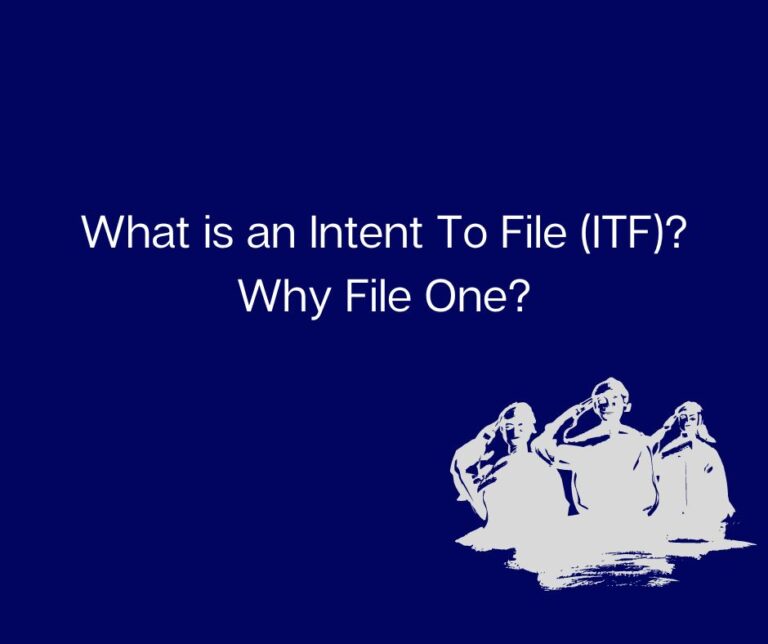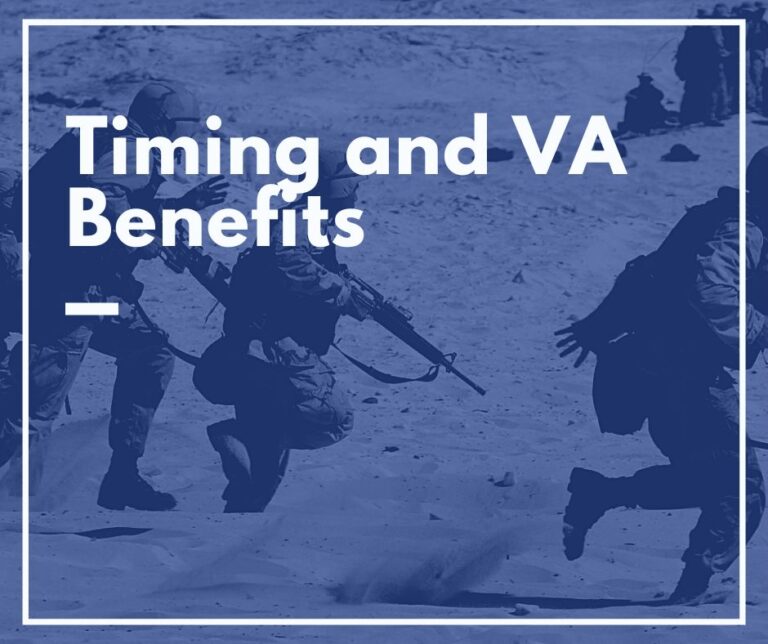Higher Education Resources for Veteran
Transitioning from military service to civilian life often involves the need for Veterans to seek educational resources in order to enhance their skills, explore new career paths, or fulfill personal aspirations. Fortunately, there are various higher education assistance programs available to support veterans in their pursuit of educational goals. In this post we will explore key programs and resources specifically designed to help veterans access and succeed in higher education.
1. The GI Bill
The Department of Veterans Affairs (VA) oversees the GI Bill, a fundamental program that provides educational benefits to qualified veterans. The Post-9/11 GI Bill, Montgomery GI Bill-Active Duty, and Montgomery GI Bill-Selected Reserve are some of its variants. The Post-9/11 GI Bill offers a monthly living allowance, a stipend for books and supplies, and financial support for tuition and fees. Veterans have a variety of educational options, including degree-granting universities, technical or vocational schools, apprenticeships, and on-the-job training programs.
2. Yellow Ribbon Program
Under the Post-9/11 GI Bill, the Yellow Ribbon Program bridges the gap between the maximum tuition and fee coverage provided by the GI Bill and the actual cost of attending certain private institutions or out-of-state schools. Participating institutions enter into an agreement with the VA to provide additional funds, which are then matched by the VA, allowing eligible veterans to attend these institutions with little to no out-of-pocket expenses for tuition and fees.

3. VetSuccess on Campus (VSOC):
The VA offers the VSOC program in partnership with educational institutions to give veterans resources and support while they are on campus. The Veteran Readiness & Employment program includes VSOC. Veterans can get individualized counseling and support through VSOC to help them deal with the obstacles associated with pursuing higher education. Career counseling, academic support, help with VA benefits, and pointers to more VA resources are among the services offered. VSOC establishes a welcoming atmosphere for veterans on campus, promoting a feeling of camaraderie and easing the transition to college life.
4. Military Tuition Assistance:
While veterans have access to the GI Bill, active-duty service members can take advantage of the Military Tuition Assistance (TA) program. TA provides funding for service members to pursue higher education while on active duty. Each branch of the military administers its own TA program, which typically covers tuition and fees up to a certain limit. The program encourages service members to pursue educational goals while balancing military responsibilities.
5. College and University Veteran Resource Centers:
To assist veterans in their academic endeavors, some schools and universities have set up Veteran Resource Centers (VRCs). On campuses, VRCs provide as a central point for veterans’ advocacy, resources, and information. These centers offer assistance with job development, academic advisement, GI Bill benefits, social integration, and admissions. In addition, they help veterans network and connect them with organizations and events on campus that are tailored to their needs.

6. Credit for Military Experience:
To acknowledge the skills and knowledge gained during military service, many institutions offer credit for military experience. This practice, known as “military credit” or “prior learning assessment,” allows veterans to apply their military training, coursework, or occupational specialties toward college credits. By receiving academic credits for their military experience, veterans can potentially shorten the time required to complete their degree or pursue advanced standing in specific programs.
7. Scholarships and Grants:
Numerous scholarships and grants are available exclusively for veterans pursuing higher education. These funding opportunities are often provided by government agencies, private organizations, foundations, and educational institutions. Scholarships and grants may target specific demographics, areas of study, or military affiliations. Researching and applying for these resources can significantly offset the cost of education and alleviate financial burdens for veterans.
Don’t let lack of knowledge or funds dissuade you from furthering your education. Talk to a Veteran Resource counselor on your local campus, talk to a local Veteran Service Officer, and/or take a look at our earlier post on education benefits for even more resources for Veterans to access higher education opportunities.

